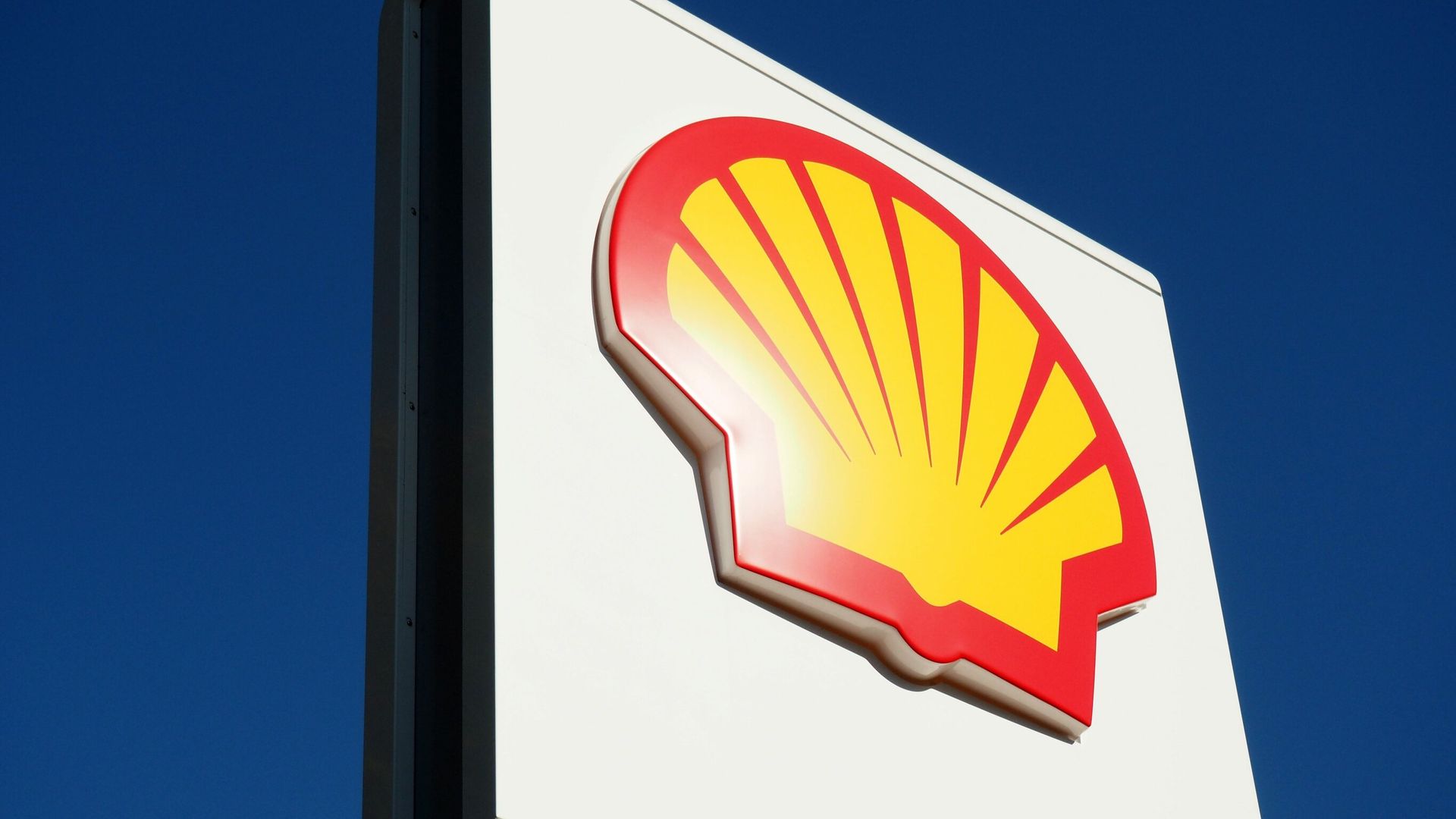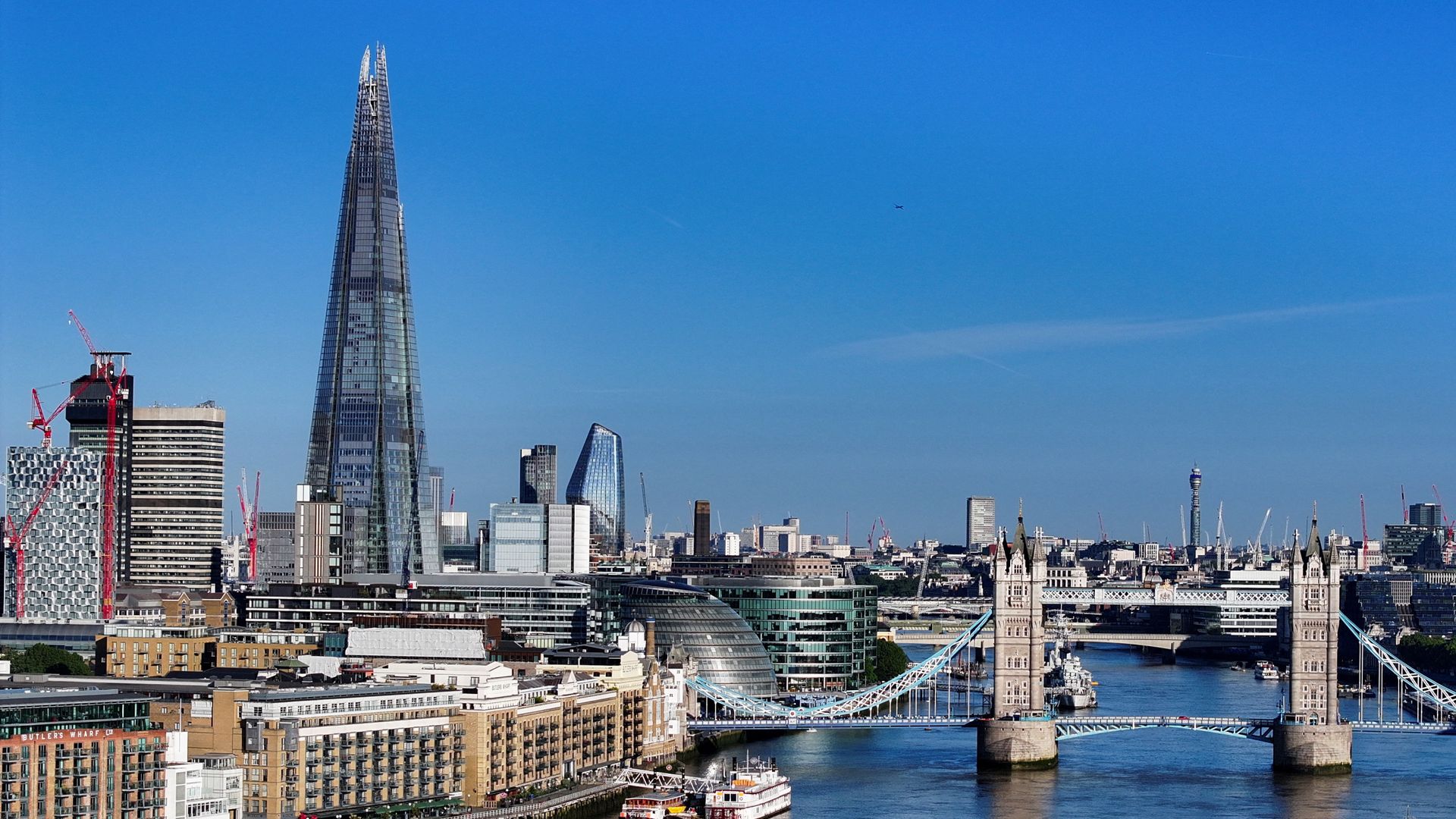

Eight members of the OPEC Plus oil producers group said Saturday that they would pump an additional 548,000 barrels a day starting in August, an increase that was higher than some analysts expected and could contribute to lowering prices.
The increase, which is equivalent to roughly half a percent of global production, is a step up from recent months when the group announced increases of 411,000 barrels a day.
The group, which includes Saudi Arabia, Russia, the United Arab Emirates and Iraq, said it was taking action based on what it called “a steady global economic outlook and current healthy market fundamentals.”
Analysts say that these production increases are likely to contribute to a market in which supply outstrips demand in the second half of the year, potentially lowering prices.
S&P Global Commodity Insights, a research firm, said recently that it expected supply to outpace demand by 1.25 million barrels a day in the second half of 2025.
The price of Brent crude, the international benchmark, was about $68 a barrel on Friday, and S&P said that prices could fall to a range of $50 to $60 a barrel later this year and into 2026. S&P also said that West Texas Intermediate, the standard for American crude oil, could fall below $50 a barrel from its current level of about $66 a barrel.
The oil producers said in a news release that the increases could be “paused or reversed,” depending on market conditions.
The group of eight, which is being coordinated by Saudi Arabia rather than OPEC, is moving to quickly unwind 2.2 million barrels a day in cuts that these countries agreed to two years ago.
Analysts say the Saudis appear to be responding to pressure from other members including the United Arab Emirates, for higher output. They also appear to be trying to please President Trump, who has made courting Saudi Arabia and regional allies like the United Arab Emirates a priority of his foreign policy.
Analysts say the Saudis are also introducing more crude at what may be an opportune time as the summer driving season and the burning of crude oil to generate electric power for air conditioning in countries like Saudi Arabia can be expected to briefly increase demand.
Markets appear to be shrugging off the recent conflict between Israel and Iran, which spurred a brief rise in prices but had little impact on supply.









-3.png)



